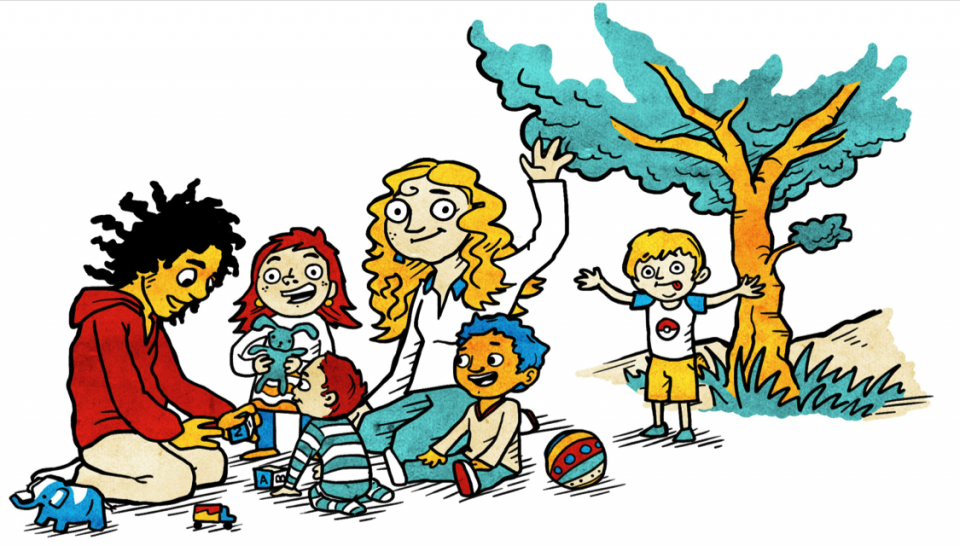 By Jack Bourassa, Regional Executive Vice President, PSAC North
By Jack Bourassa, Regional Executive Vice President, PSAC North
Canadian families need to have access to a universal, affordable child care system that helps everyone equally.
The hodgepodge system of child care we have in Canada now, with every province and territory taking their own approach, is hurting families and failing to support Indigenous Peoples.
The federal government needs to go back to the drawing board, and work with the provinces and territories on a whole new child care system that will provide affordable, quality child care for all those who want it instead of simply subsidizing low income families.
Programs for the poor too often make poor programs, and are used to isolate and stigmatize those with low incomes.
Why is universal child care important? Because it means the world to families with young children and helps bring equality to the workforce.
Child care is hard to find, especially in rural and Northern communities (12 communities in the NWT don’t have access to any licensed child care). And good luck if you work shifts. You won’t find any child care options.
And then there’s the problem with quality; licensed child care is unaffordable. The Canadian monthly average for child care for an infant under 2 years is $943. In the North? Closer to $1,100 per month.
Numerous studies have shown that a lack of affordable and accessible child care is keeping women with young children out of the work force. This puts them at an economic disadvantage throughout their lifetime, but it also has a major impact on Canada’s economy.
If women’s participation in the workforce was increased to that of men, it would generate an extra $13 billion to Canada’s Gross Domestic Product, according to Finance Minister Bill Morneau’s economic advisory council.
Trudeau’s government entered power with a strong campaign to establish universal child care, but they’ve since shied away from that stance. The government is now working to develop a National Early LEarning and Child Care Framework, but there are some real concerns around the plan.
Federal Minister for Families, Children and Social Development Jean-Yves Duclos told the media that governments don’t have a lot of money and so whatever child care support is given will be targeted to those with the greatest need - namely low income Canadians. This flies in the face of universality.
Universal programs help all Canadians, regardless of income.
The other biggest concern is that the federal government seems poised to hand over money to the provinces and territories, which would only deepen the divide on child care across the country, which is an inadequate approach to child care.
How universal child care can happen
- Child care needs to be recognized as a collective social responsibility – not a commodity to be bought and sold in a child care marketplace.
- We need a well-designed child care system that takes into account the diversity of needs; not a one-size-fits-all.
- We need to recognize Indigenous Peoples need resources to develop their own child care systems that work for them.
- We need a commitment from the federal government to build universal, affordable child care systems across Canada
- A commitment to provide long-term sustained funding to ensure affordable, high-quality service with an expansion of child care programs so that, by 2020, child care can become accessible to every child whose family chooses it.
How can you help?
- Call or write your to your Member of Parliament and tell them how important universal child care is to you and your family.
- Sign a petition urging the federal government to adopt universal child care
- Take part in a rally or child care-related event in your area to raise awareness about the need for universal child care
